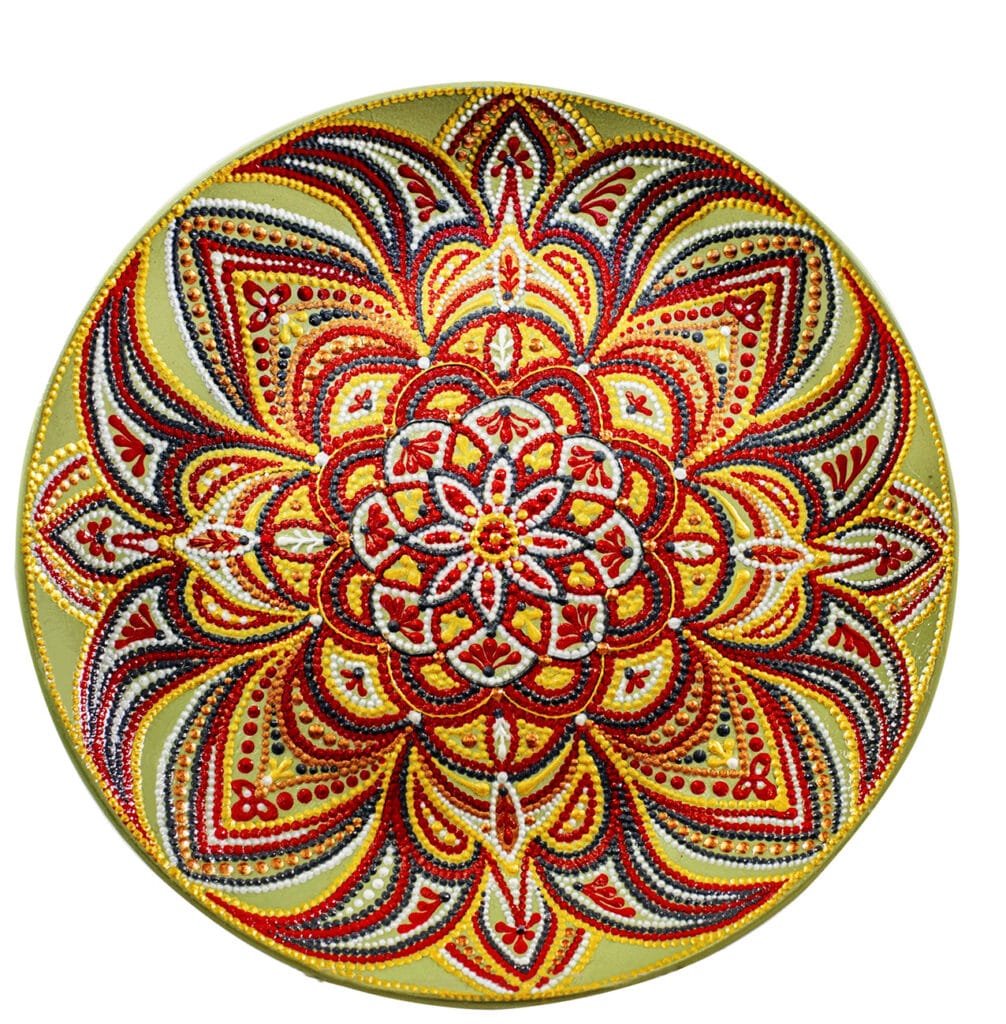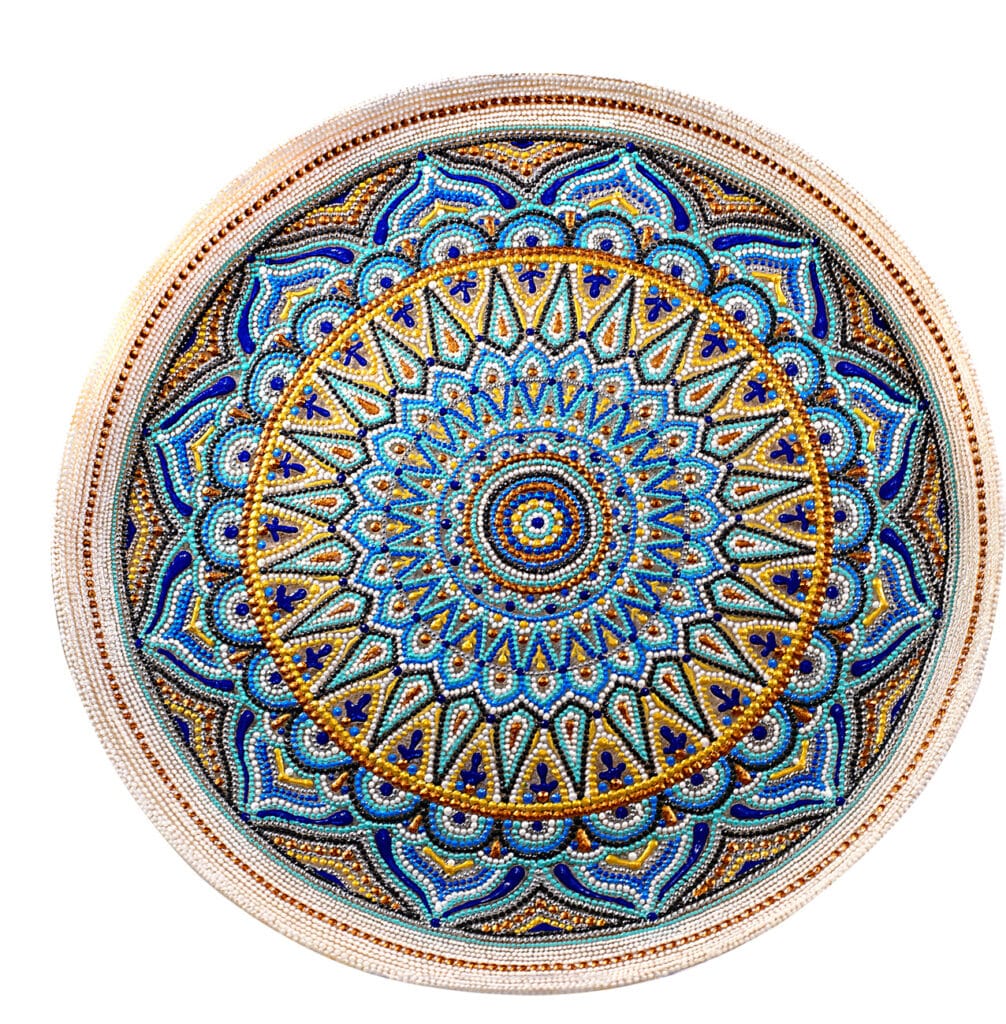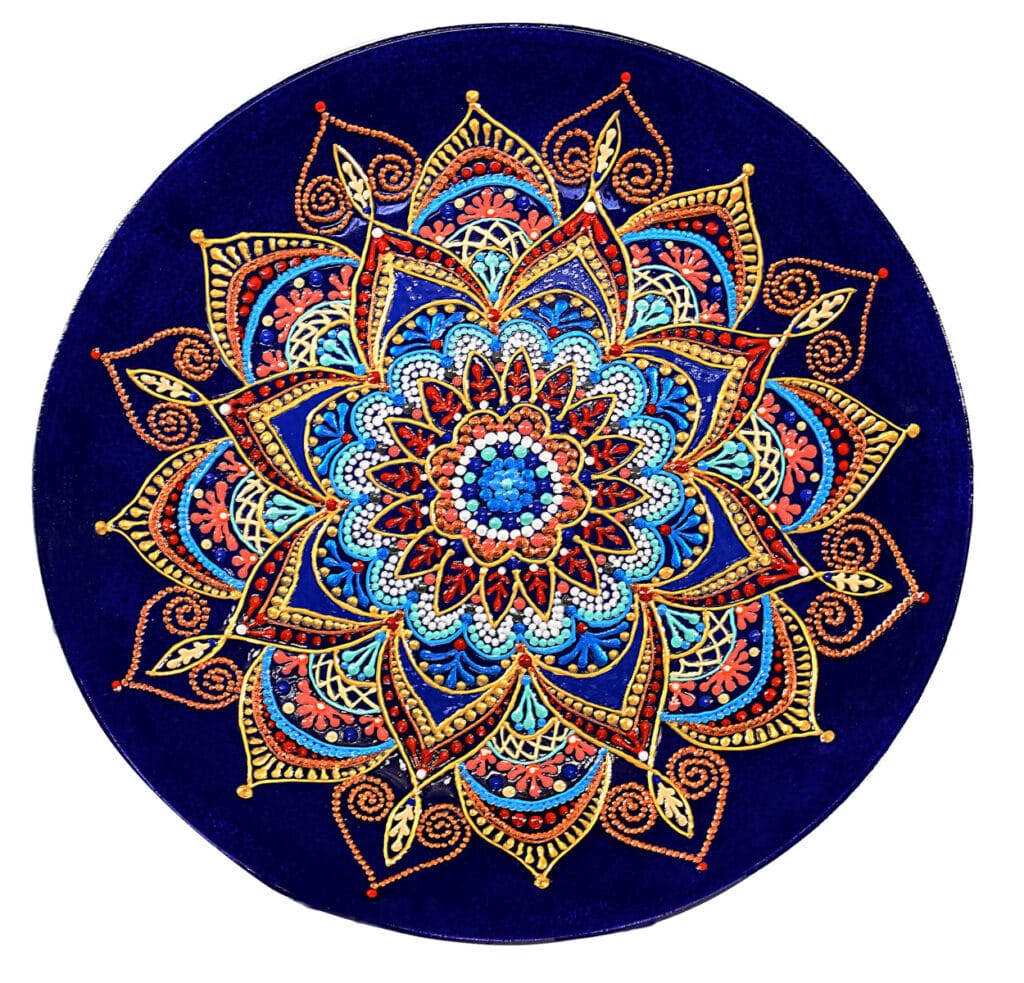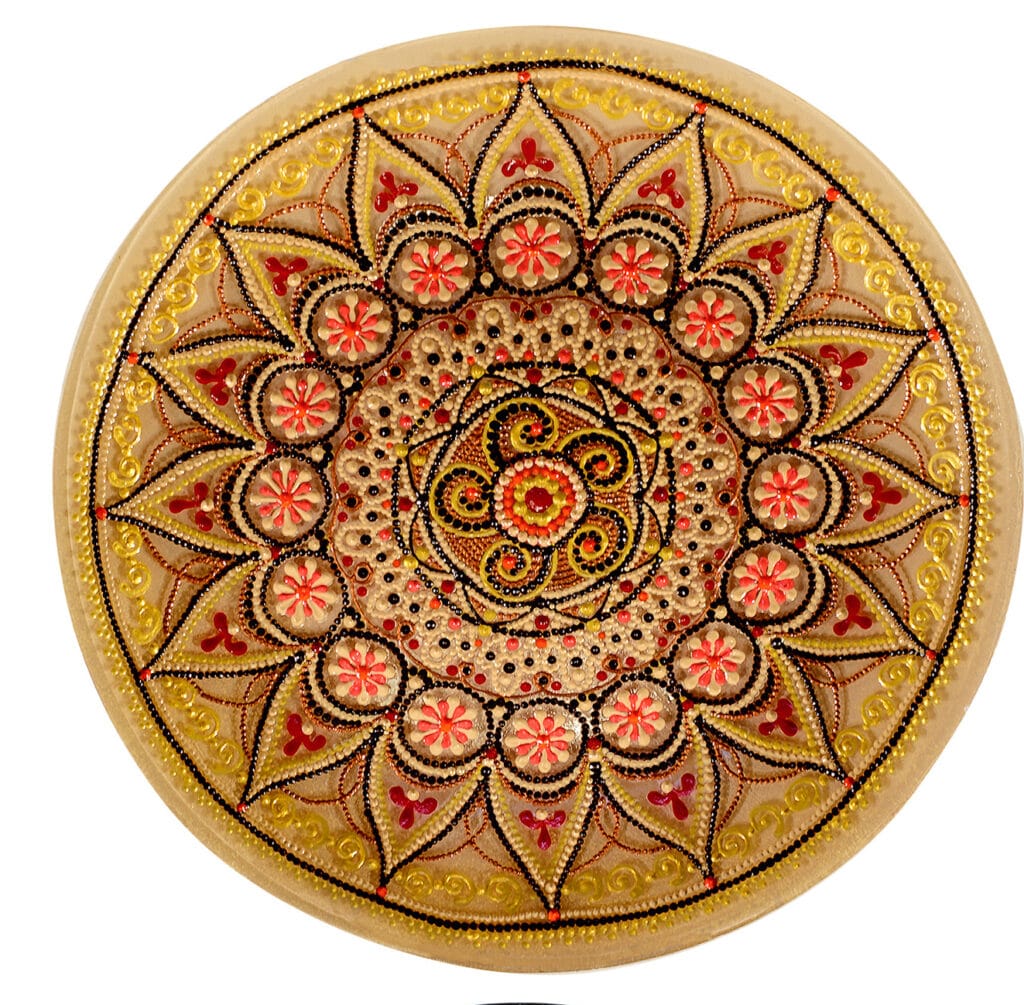I’m a Christian, Jew, Buddhist, etc. How is Sufism different?

At its core, Sufism recognizes that we are all one community. God is God and people are people. Sufis pray to the same God as Christians or Jews and share the same Bible and Torah stories. Sufi knowledge and practices will enhance your relationship with God and help you understand the principles of your faith better. Sufism builds on the common ground of all the monotheistic faiths.
If the Jews, Christians, Muslims and people of any religion knew their religion well, there would be only one religion, the religion of peace, love and peace and mercy.
– Sidi
Where does Sufism come from?
Some say that the essence of Sufism has been in existence since before Adam and Eve. On a more practical level, there are many branches of Sufism that have emerged out of different places at different times. Our branch, the Shadhiliyya branch, started in Morocco over 1,000 years ago and spread around the Mediterranean and has roots in Jerusalem, Turkey, Syria, England, and North America.
What is the relationship between Sufism and Islam?
Sufism has its roots in Islam. Some say Sufism is the mystical path of Islam in a way similar to the Kabballah is to Judaism or how the Christian mystics emerged out of Christianity.
There are some Sufi paths that have divorced themselves completely from Islam, like the Dances of Universal Peace. Others take some or all of Islam as part of their tradition. When practiced in its fullest way as Sidi prescribed, our Sufi path is what Sidi called “The Real Islam.” However, while many of our community members identify as Muslims, just as many do not.
Do I need to be Muslim to be a Sufi?

To dovetail on the answer above, no, you do not need to be a Muslim to be walking the Sufi path. Many Sufis are Muslim or choose to take on the outer faith of Islam, but this is not a requirement for those who are seeking knowledge and want to explore the practices.
How Do I know if Sufism is right for me?
Start by joining a few online or in-person dhikrs (healing circles) or classes. If you like what you experience, purchase Sidi’s book Music of the Soul or He Who Knows Himself Knows His Lord. Read and write and drink from those teachings. Meet some Sufis online or in-person and talk with them. If all of it feels good to you, then perhaps this is the path for you.
Do Sufis believe in God?
Yes, but for the Sufi, there is no correct image of God. Whatever you imagine God to be, God is beyond that. While the reality of God is beyond our human capacity to grasp, we can still connect and have a direct relationship to God. There is no old man with a white beard sitting in the clouds. We believe in something much more intensely loving, beautiful and expansive.
Do Sufis have churches or temples?
If there is a big enough community to support a sacred space for gathering and worship, yes. Many communities meet in the home of a community member or a public, free space such as the library. Most Sufis feel comfortable in any holy place of worship, as well as just being in nature. For the Sufi, all ground is sacred and any space can be a place of refuge and prayer.
I’m an atheist, can I still be a Sufi?

Most atheist remain atheist until they have a direct experience with God that allows them to think and feel past all the images and misunderstandings of what God actually is. Atheists are often gnostics seeking the most purest truth. If you are one of those, then welcome, Sufism might be just right for you.
Are woman and men treated differently in Sufism?
Allah does not value men above women. In the Qur’an God says “You [human being] are created from a single soul (Qur’an 39:6). However, the cultural norms in countries where Islam and Sufism emerged and developed are patriarchal and generally favorable to men.
In our Sufi community we find the balance by knowing and speaking the truth that Allah values women and men equally while at the same time, we observe certain norms of politeness and respect that developed in Islam. For instance, some women do not want to be touched by men who aren’t their husbands, and some men don’t want to touch women who aren’t their wives. The group has an awareness of this and we are respectful of each other and don’t go in for a hug with the opposite sex without checking first.
What kind of people are attracted to this Sufi path?
The majority of the students of our Sufi path in North America are primarily white women. There are people from all ages, races, ethnicities, and socio-economic classes. We all share the quality of a seeker looking for a more intimate connection with the Divine and we are all interested in sacred knowledge, healing, evolution, love, and peace.
What are the basic tenants of Sufism?

Love and worship God alone, follow all the Prophets, and follow the holy books. Seek spiritual knowledge, purify your heart, body, and soul through spiritual practices. Take care of yourself, your family, and your neighbors without discriminating against anyone. Be honest, sincere, merciful, loving, and kind to all beings. Do what is just and good and avoid things that cause harm. Have healthy families and do good work in the world.
What is a Sufi community?
It simply means an area that has enough people sharing the path together that they can help support one another and get together more easily. We love to spend time together, share a meal, and pray together when we can. No communes, or monasteries. Just real people living real lives while practicing Sufism.
Is Sufism a cult?
No. You are free to come and go as you please. No guru. No weirdness. Just sincere people trying to understand life and have loving relationship with God and peace in their families.
Who can be a Sufi?
All are welcome, including you.